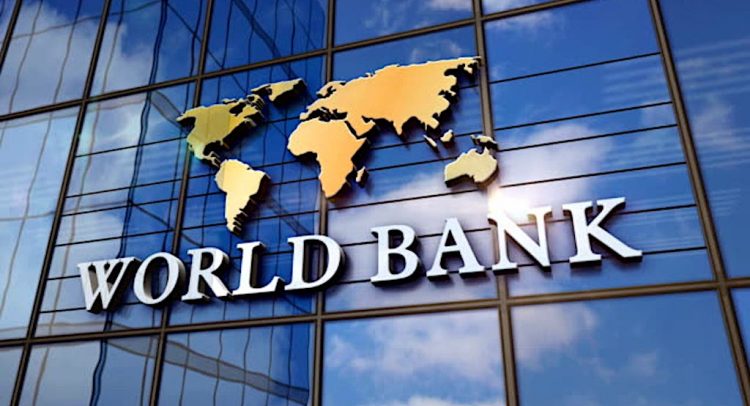Ghana’s banking sector has made significant strides in recent times, with over half of the 23 operating banks well-positioned to avoid recapitalization.
This is according to the World Bank’s 8th Ghana Economic Update, which highlights the sector’s improved resilience and profitability.
The Bank of Ghana’s efforts to strengthen the banking sector have paid off, with most banks achieving over two-thirds of the required recapitalization target within a year.
This is a remarkable feat, considering the original deadline was set for three years.
The successful recapitalization efforts are expected to bolster the sector’s resilience, enabling it to provide robust support for the recovery of the real economy.
The Bank of Ghana is optimistic about the sector’s prospects, noting that banks impacted by the Domestic Debt Exchange Programme (DDEP) in 2023 are implementing their approved capital restoration strategies.
The World Bank report highlights the sector’s improved profitability, with return-on-equity after-tax surging to 34.2% in December 2023, up from -34.4% in December 2022.
Return-on-assets also climbed to 5.4% from -3.8% over the same period.
However, the report notes that some emerging risks remain, including an increase in the industry’s non-performing loan (NPL) ratio.
The NPL ratio rose to 20.7% in December 2023, up from 16.0% in December 2022, and further increased to 25.7% by April 2024. This uptick is largely attributed to heightened credit risk, driven by the delayed effects of the 2022 macroeconomic crisis.
Despite this, the Capital Adequacy Ratio (CAR) remained relatively high at 13.9% in December 2023, comfortably exceeding the revised prudential minimum of 10.0%. This is a testament to the sector’s improved capitalization and resilience.
Overall, the World Bank report paints a positive picture of Ghana’s banking sector, highlighting its improved profitability, capitalization, and resilience.
However, it also notes the need for continued vigilance to address emerging risks and ensure the sector’s long-term stability.
-BY Daniel Bampoe


